In a world where technology continues to advance at an unprecedented pace, Artificial Intelligence (AI) has emerged as a transformative force, revolutionizing industries across the globe. Its impact on Human Resources (HR) cannot be overlooked, as AI is reshaping recruitment and HR processes, making them more efficient, accurate, and people-centric. In this blog, we will delve into the ways AI is revolutionizing HR, the benefits it brings, and the challenges it poses, all while keeping the human touch intact.
Enhanced Recruitment Processes: A Human Touch Powered by AI
Recruitment is a critical aspect of HR, and AI is paving the way for more efficient and personalized processes. Through AI-powered algorithms, the initial screening and shortlisting of candidates can be done swiftly. This allows freeing up valuable time for HR professionals. This in turn allows them to focus on engaging with candidates on a more personal level, getting to know their unique skills, experiences, and aspirations.
AI’s capabilities also extend to providing a human touch during the initial stages of candidate interactions. Chatbots and virtual assistants, backed by AI, can answer candidates’ frequently asked questions, provide information about job openings, and conduct preliminary assessments. By integrating these technologies into the recruitment process, candidates receive prompt and personalized responses, creating a positive experience right from the start.
Bias-Free Selection: Fostering Inclusion and Diversity
One of the primary challenges in traditional recruitment is the presence of unconscious bias. Human recruiters, despite their best intentions, can unintentionally introduce biases based on factors like gender, ethnicity, or age, impacting the selection of candidates. AI algorithms, on the other hand, are designed to be impartial and objective.
By leveraging AI algorithms, organizations can significantly reduce bias and promote fair selection practices. These algorithms evaluate candidates solely based on their qualifications, skills, and experience, eliminating irrelevant factors. This fosters a more inclusive and diverse workforce, where candidates are assessed purely on their merits, helping companies thrive in an increasingly diverse world.
However, it is crucial to acknowledge that AI algorithms can inherit biases from the data they are trained on. Therefore, continuous monitoring and refinement are necessary to ensure that these algorithms do not perpetuate existing biases and are aligned with the values of fairness and equality.
Predictive Analytics for HR Planning: Empowering People-Centric Strategies
AI’s remarkable ability to analyze vast amounts of data empowers HR professionals to gain valuable insights into workforce trends and make data-driven decisions. Predictive analytics enables organizations to identify patterns in employee data, such as attrition rates, performance metrics, and training needs. With this knowledge, HR departments can proactively address potential challenges and develop effective retention strategies.
By harnessing the power of AI, HR professionals can forecast future talent needs, identify skill gaps, and devise targeted recruitment strategies. This data-driven approach ensures that HR processes align with the organization’s goals, while still valuing the unique needs and aspirations of individuals within the workforce.
Improved Employee Experience: Balancing Technology with Human Connection
AI-powered chatbots and virtual assistants play a vital role in enhancing the employee experience, complementing human interactions with technological efficiency. These AI tools can provide employees with instant answers to routine HR-related questions, offer information on policies and procedures, and assist with onboarding processes. By automating these tasks, HR professionals can devote more time and energy to strategic initiatives while ensuring that employees receive timely and accurate support.
Moreover, AI-powered systems can gauge employee engagement and sentiment through sentiment analysis and surveys. This data helps HR departments identify areas where improvements are needed, address employee concerns promptly, and foster a positive and supportive work environment.
Indian startups in the domain:
Here are five Indian startups that are making waves in this field:
Talview: Talview offers an AI-powered hiring platform that streamlines the recruitment process. Their platform combines video interviews, psychometric assessments, and proctored online exams, all powered by AI algorithms.
EdGE Networks: EdGE Networks specializes in AI-driven workforce optimization solutions. Their platform, called HIREalchemy, uses AI and machine learning to automate various HR functions such as talent acquisition, workforce planning, and skill development.
Skillate: Skillate offers an AI-based recruitment platform that focuses on improving candidate screening and shortlisting. Their platform uses natural language processing (NLP) and machine learning algorithms to match job requirements with candidate profiles, thereby enhancing the efficiency and accuracy of the recruitment process.
Hyreo: Hyreo is an AI-driven HR engagement platform that automates candidate and employee communication. Their platform uses chatbots and AI-powered messaging to provide personalized interactions, answer queries, and deliver relevant information. Hyreo’s solution helps HR departments enhance employee engagement, streamline communication, and improve the overall employee experience.
Darwinbox: Darwinbox offers a comprehensive HR management platform powered by AI and analytics. Their platform covers various HR functions, including recruitment, performance management, payroll, and employee engagement. Darwinbox’s AI capabilities enable organizations to automate routine tasks, gain insights from data, and enhance HR processes.
As AI continues to shape the landscape of HR, it is essential to strike a balance between technology and the human touch. AI is not meant to replace HR professionals but rather to empower them with powerful tools that enhance their capabilities and enable a more personalized and inclusive approach to recruitment and HR processes.
By embracing AI, HR departments can revolutionize the way they attract, manage, and engage with talent, creating an environment where both individuals and organizations thrive together.






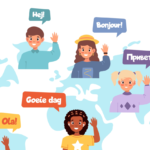



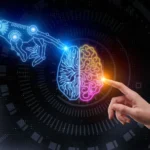
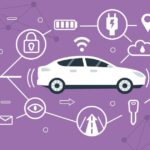
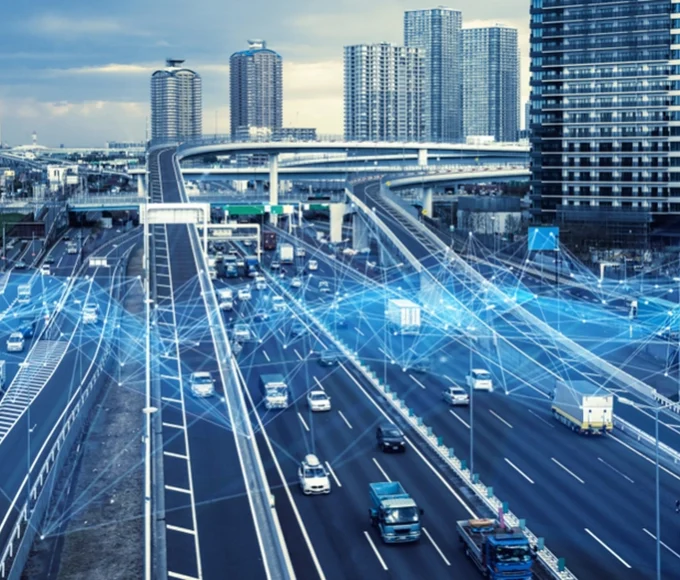
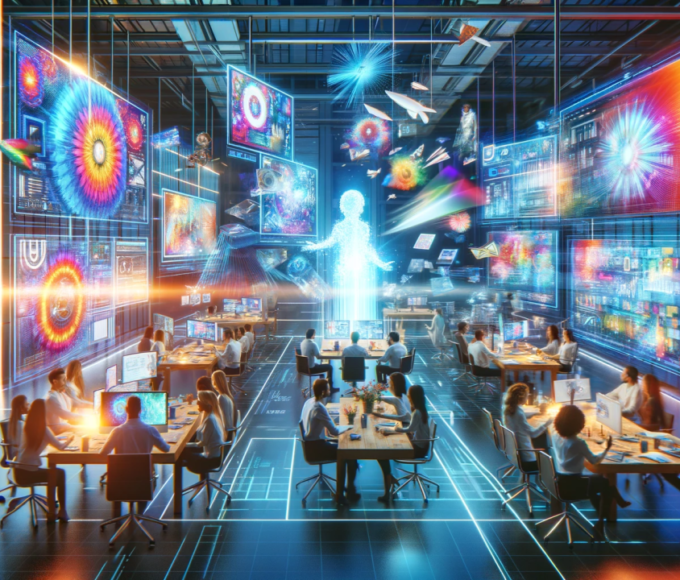


%s Comment